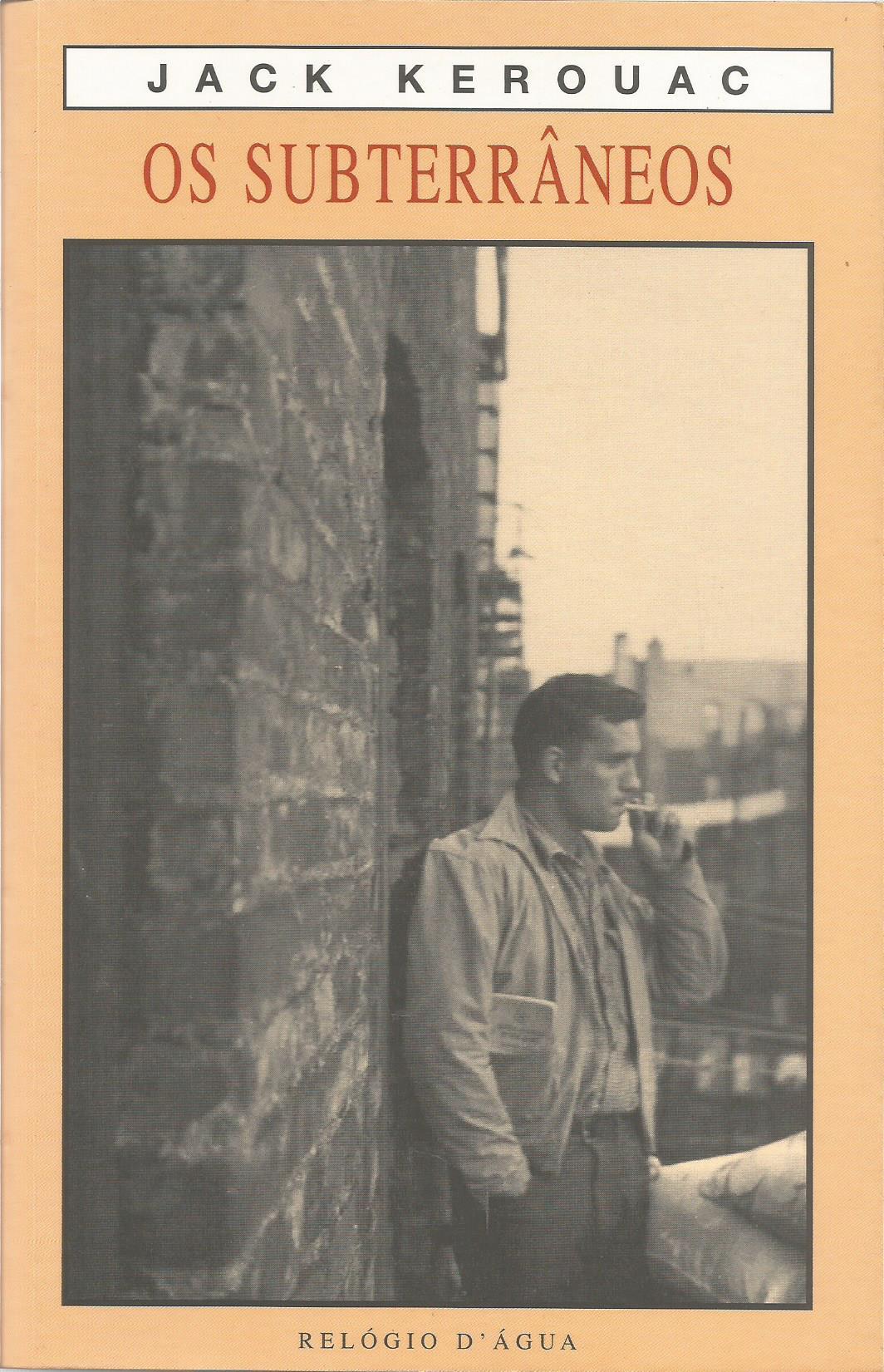What do you think?
Rate this book


159 pages, Paperback
First published January 1, 1958

«Algún día no la encontrarás allí arriba, cuando quieras encontrarla, la luz estará apagada, alzarás la mirada y Heavenly Lane estará a oscuras, y Mardou se habrá ido, y esto ocurrirá cuando menos te lo esperes, cuando menos lo desees»
“Y yo me vuelvo a casa, habiendo perdido su amor.
Y escribo este libro.”

Ah tanrım, TANRIM.
xoxo
iko